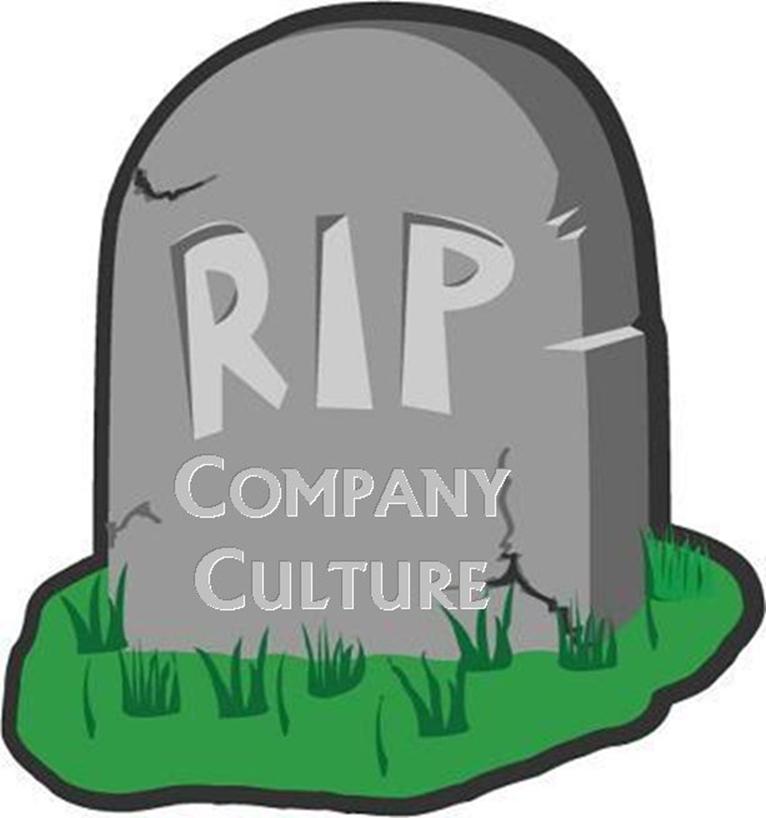
FastCompany recently published an article from Roberta Matuson, called “The 4 Dumbest Rules That Will Kill Your Company’s Culture.” Matuson was right on target. The corporate world knows how to check their brain at the lobby and invent rules for five percent of the employee population who are difficult to manage. By enacting these policies management delivers a death sentence to their company’s culture.
I have seen a few dumb culture-killing rules myself that caused me to shake my head in disbelief. It is very likely Matuson was holding way back on this list. Surely she had at least two dozen more rules up her sleeve.
Matuson’s List of The 4 Dumbest Rules That Will Kill Your Company’s Culture
The customer is always right.
No cell phones at work.
No Internet for personal reasons on company time.
Must remain in job six months before transferring to a new position.
Kennemer’s Additional List of The Dumbest Rules That Will Kill Your Company’s Culture
No working from home during office hours.
Track employee attendance like they were still in high school.
Employees must obtain permission to go to the restroom.
Supervisors must approve all vacation requests.
Employees must call in advance if you will be sick.
The company posts all open positions internally, yet the company never hires internally.
Require employees to stay on the grid while on vacation, to include smart phone, laptop, tablet, tracking device in your forehead, etc.
Never showing the negative side of the workplace to a job candidate. Let them find out on their own after they quit a good job and relocate their family across the country.
Do not hire job applicants who have been laid-off.
Must be subjected to an annual performance review.
Can you add to Matuson’s list?
To read Roberta Matuson’s article, click here.
Graphic Credit: The Verge




